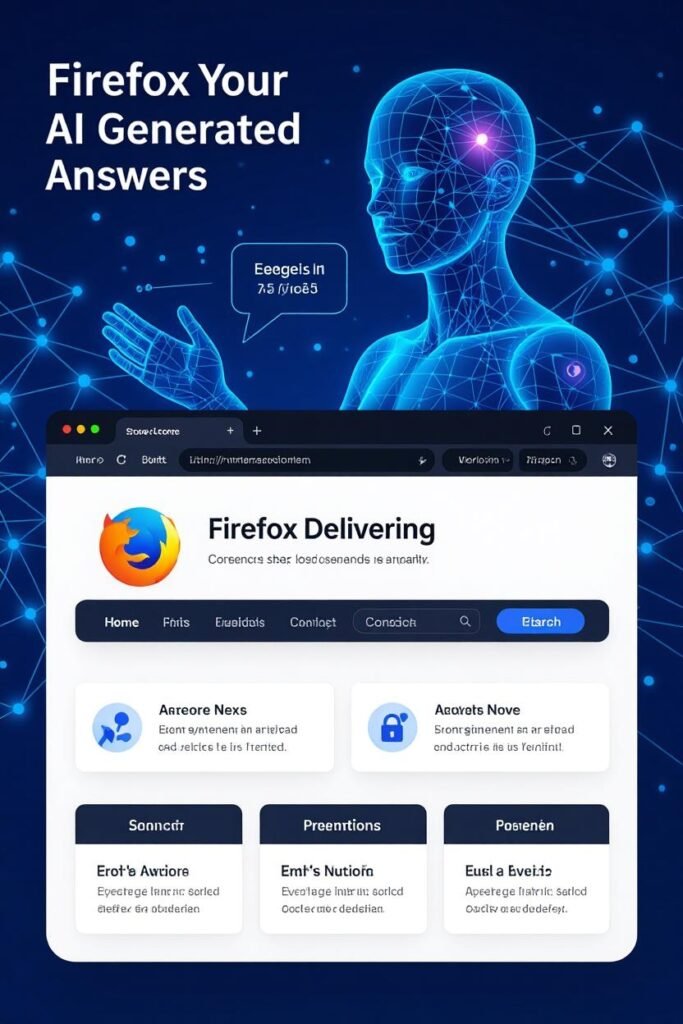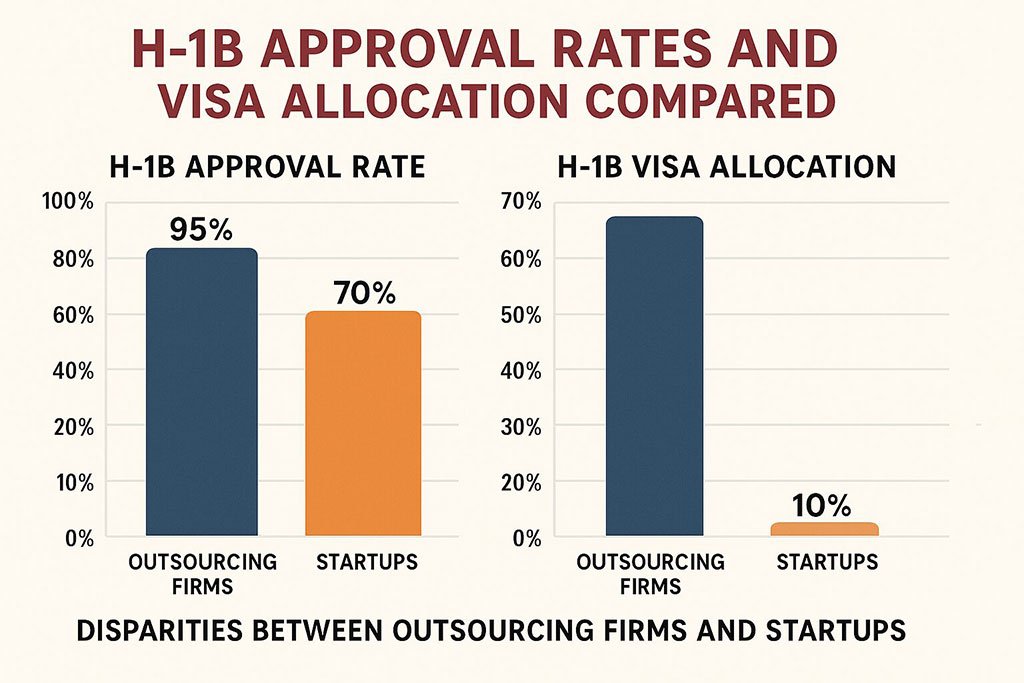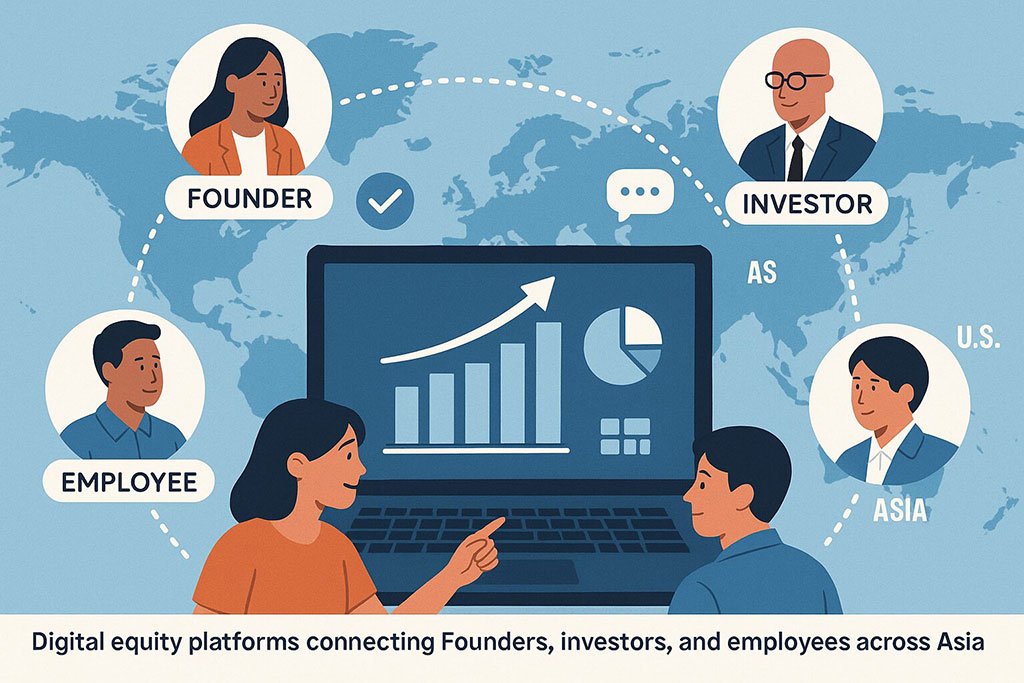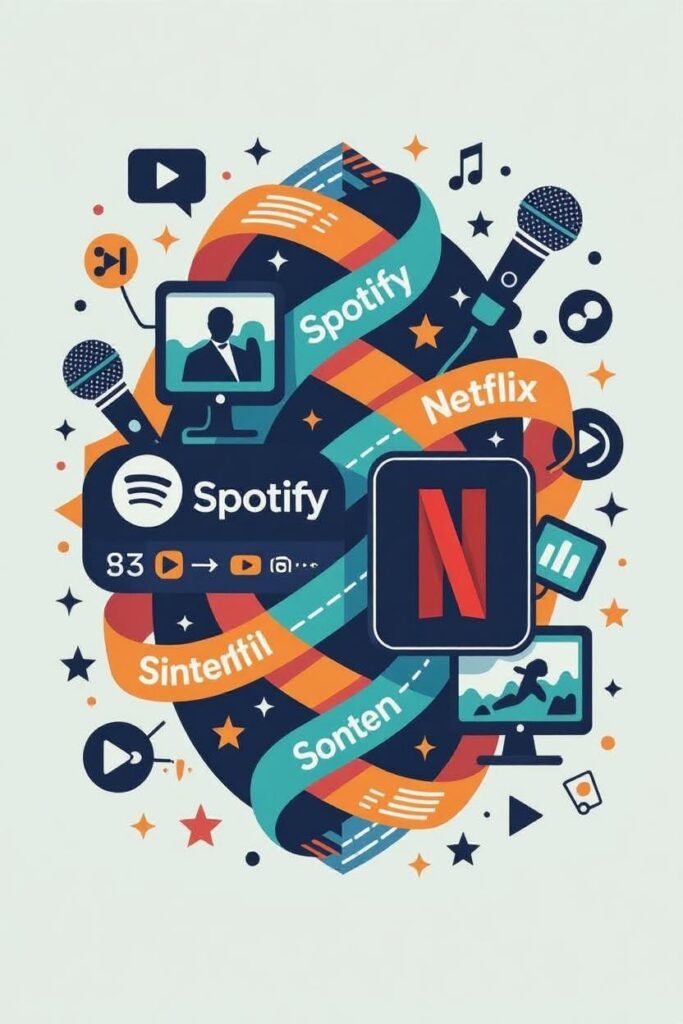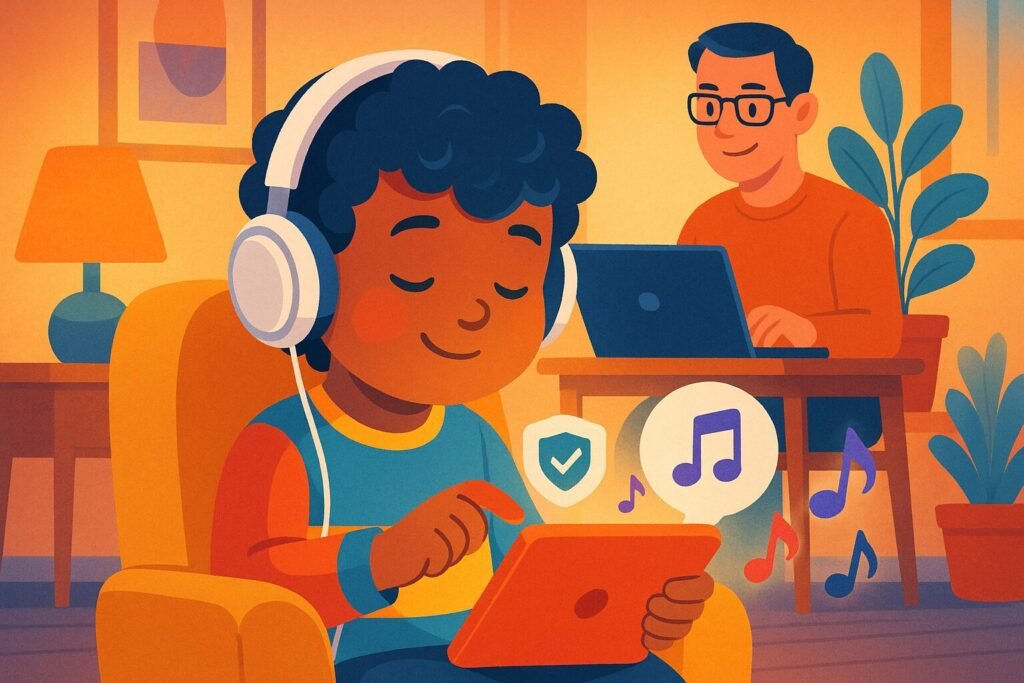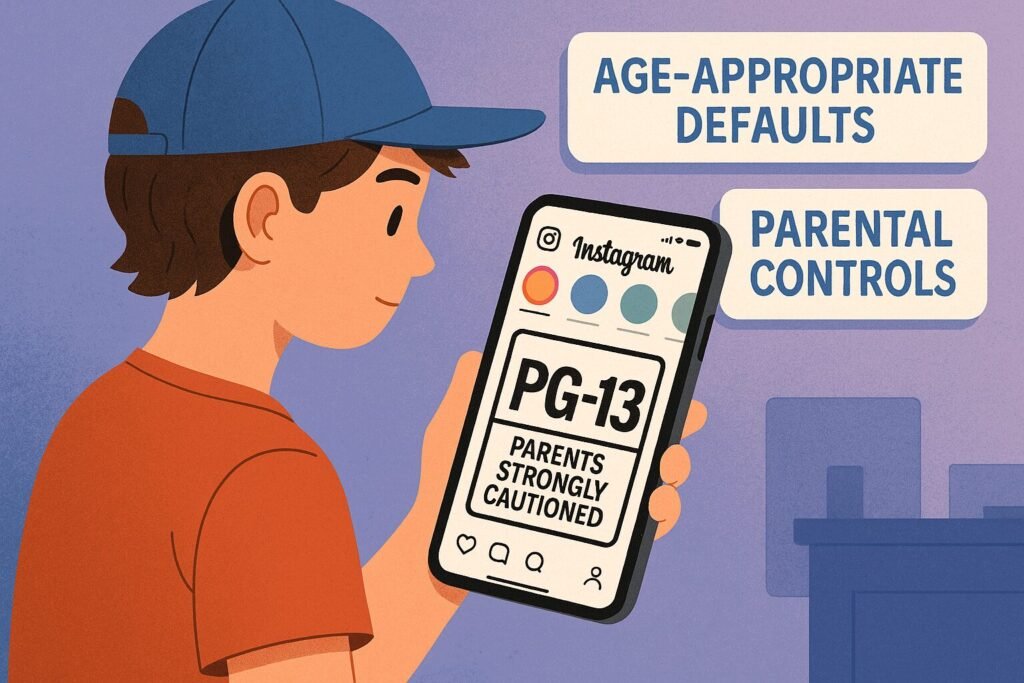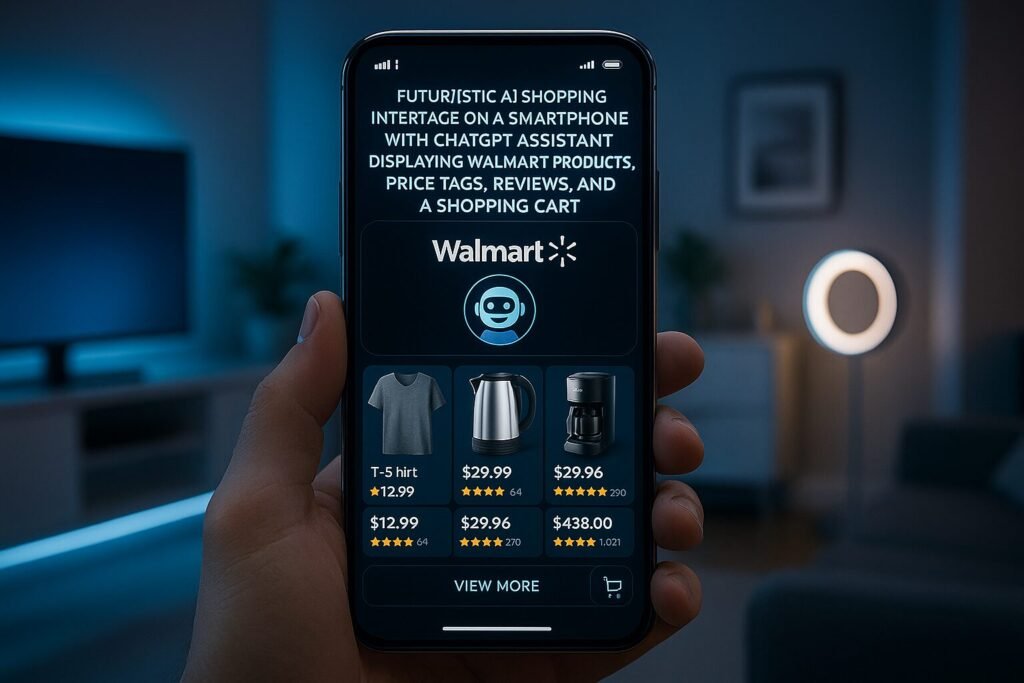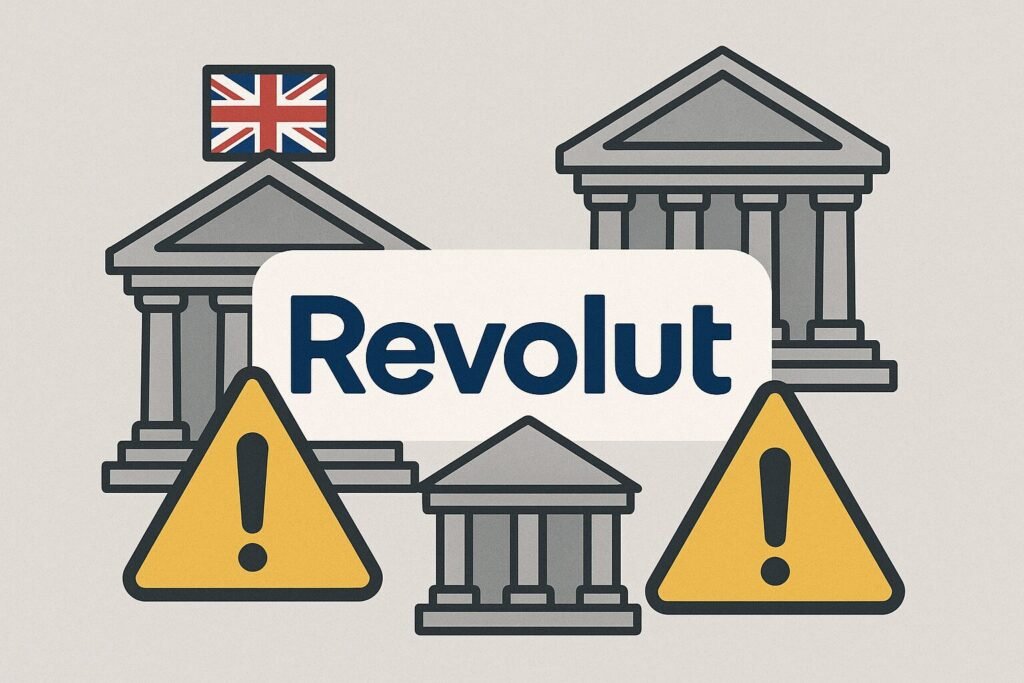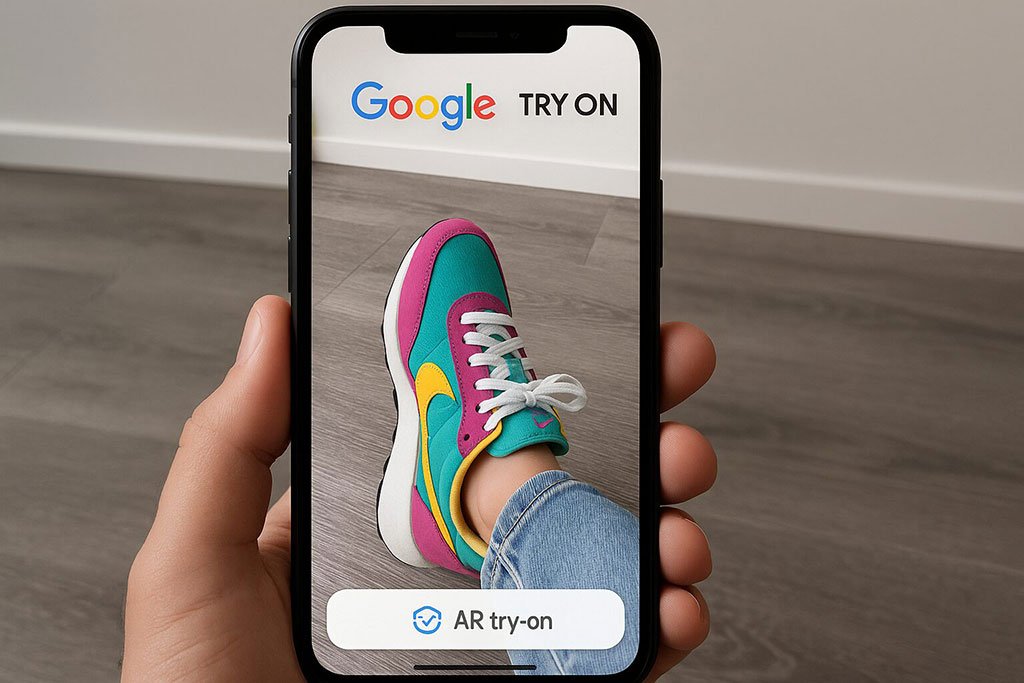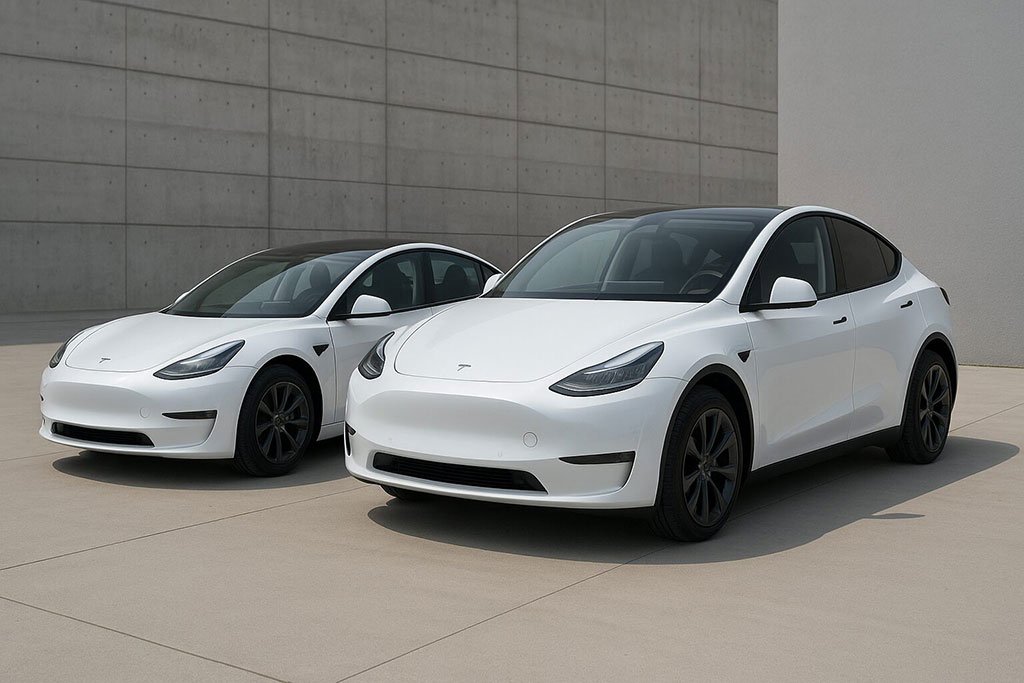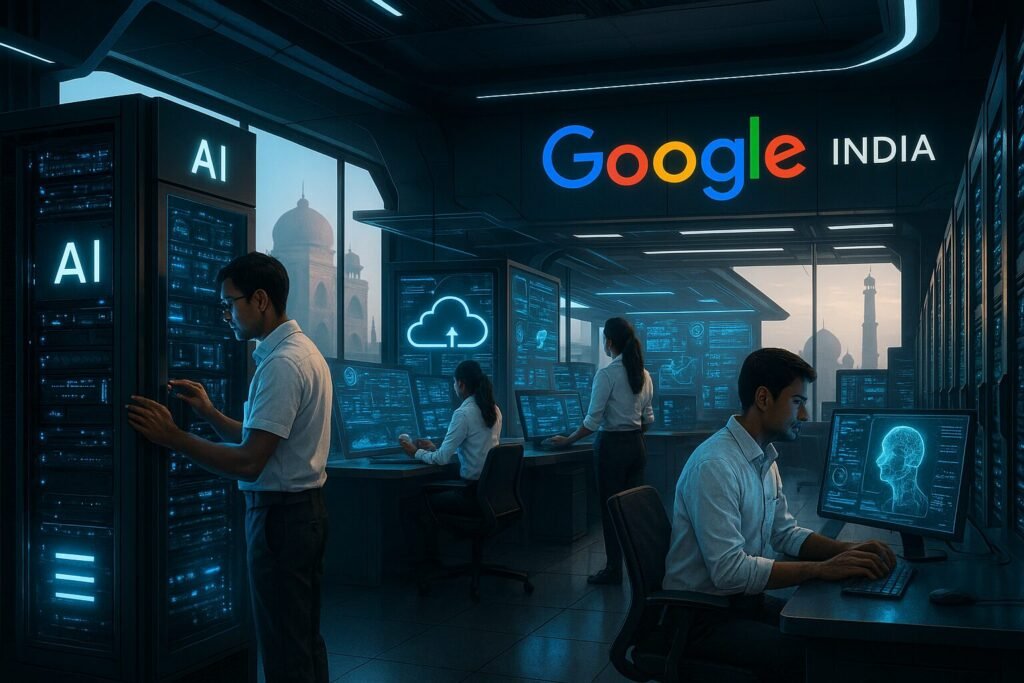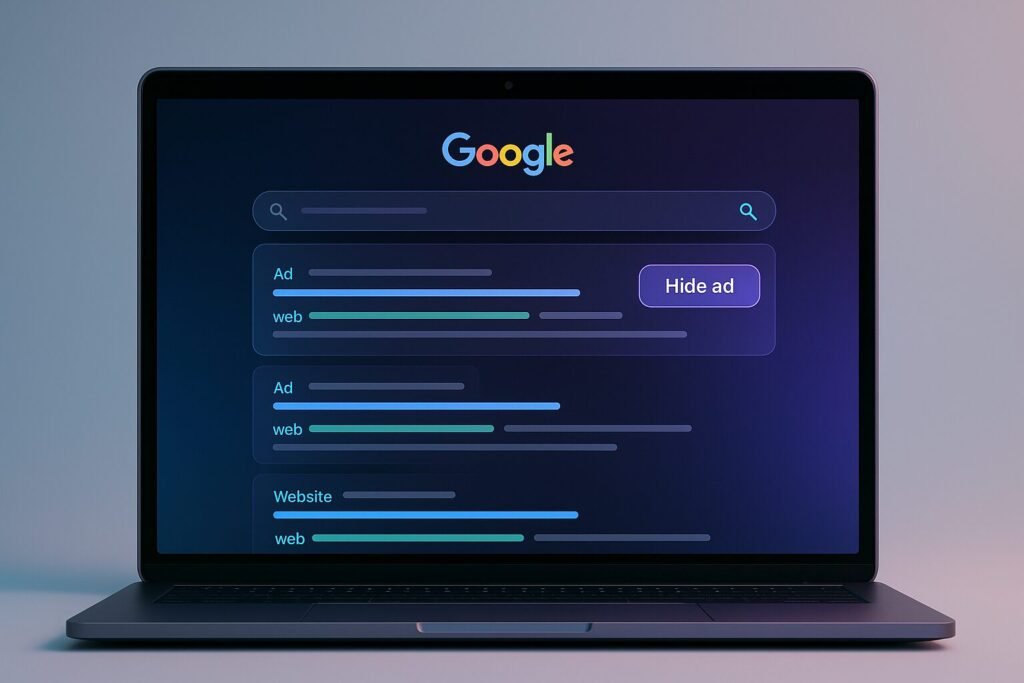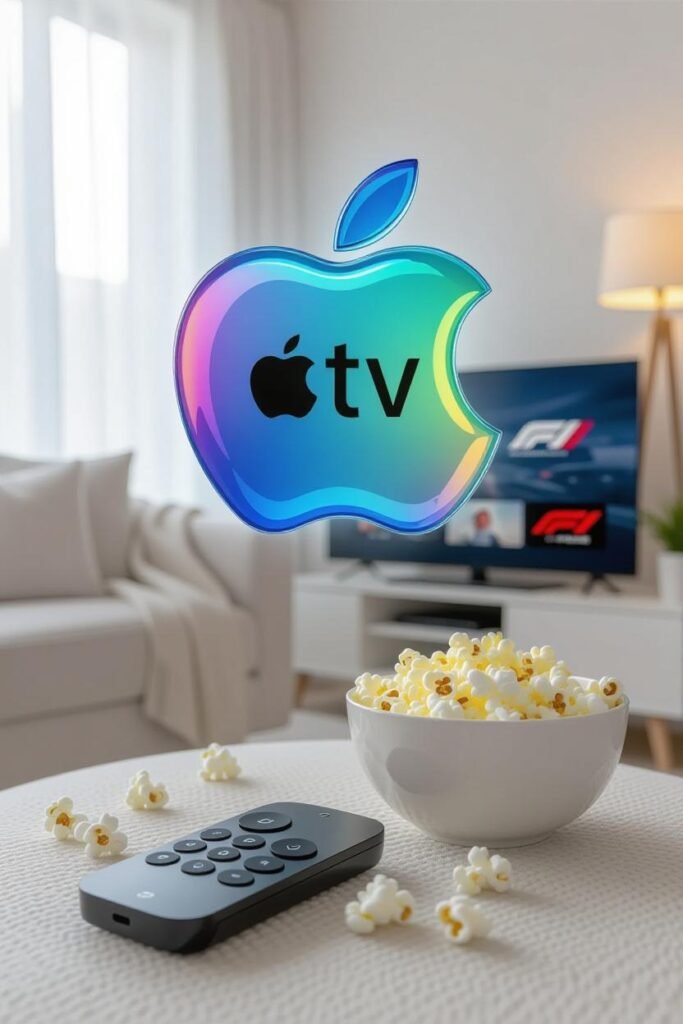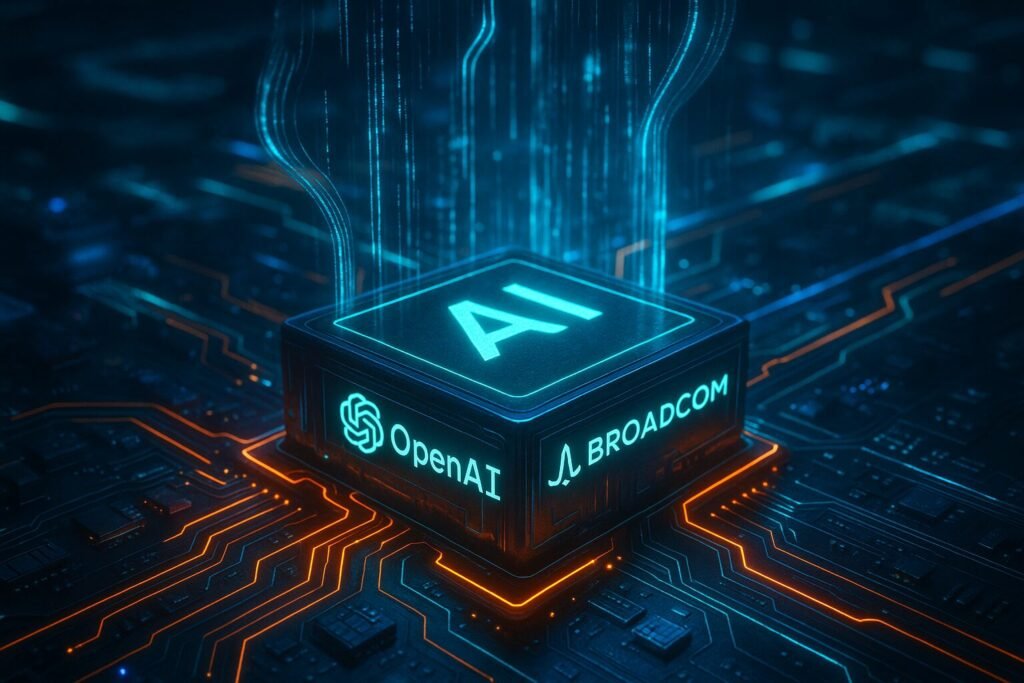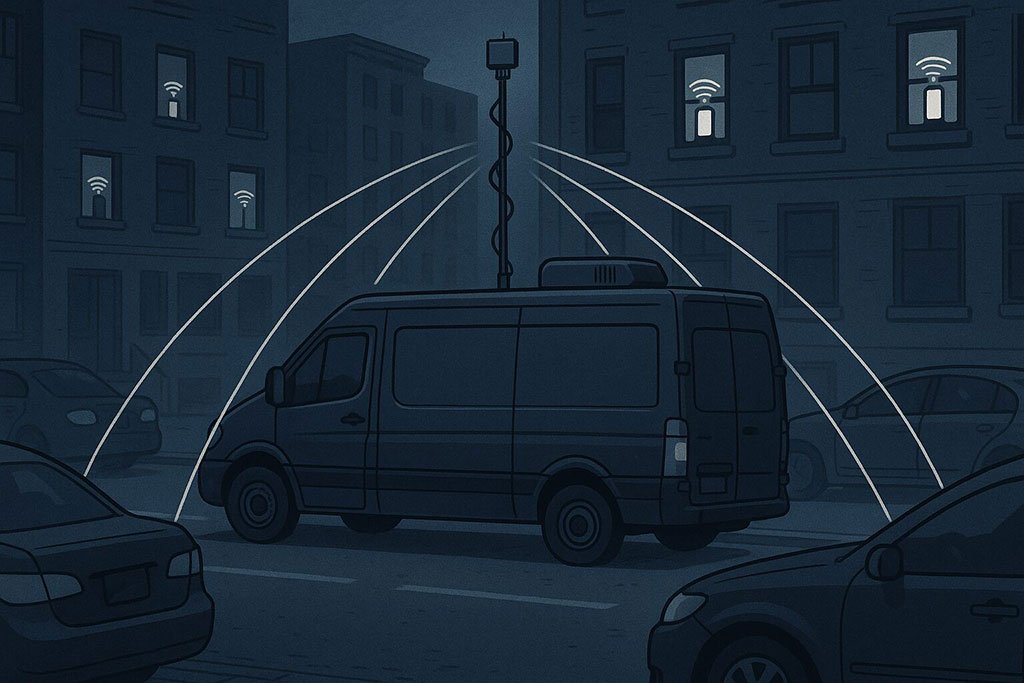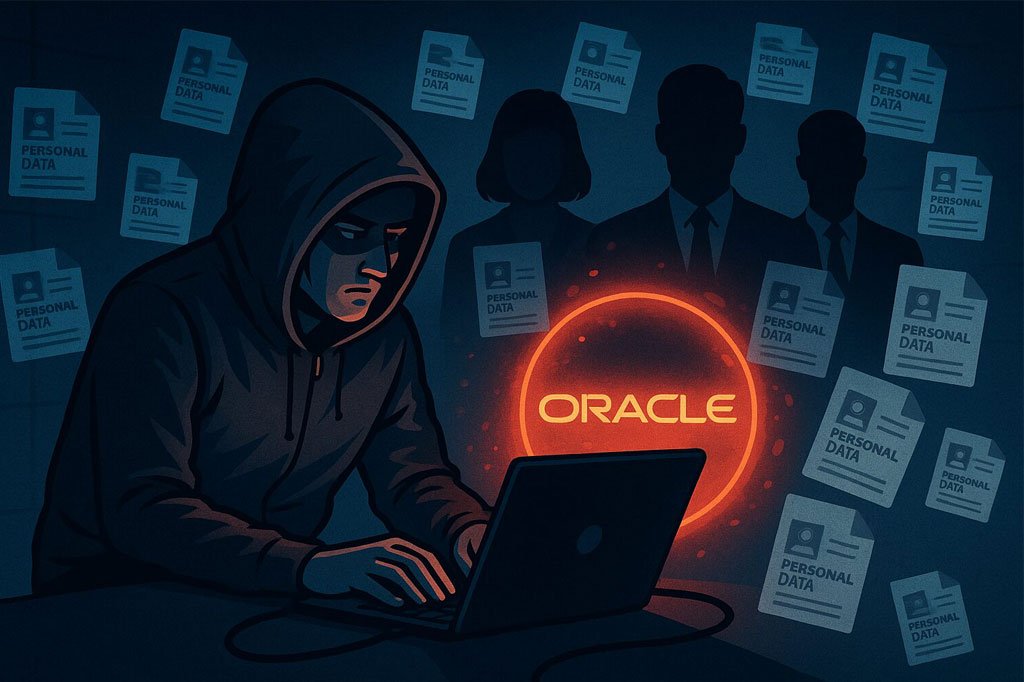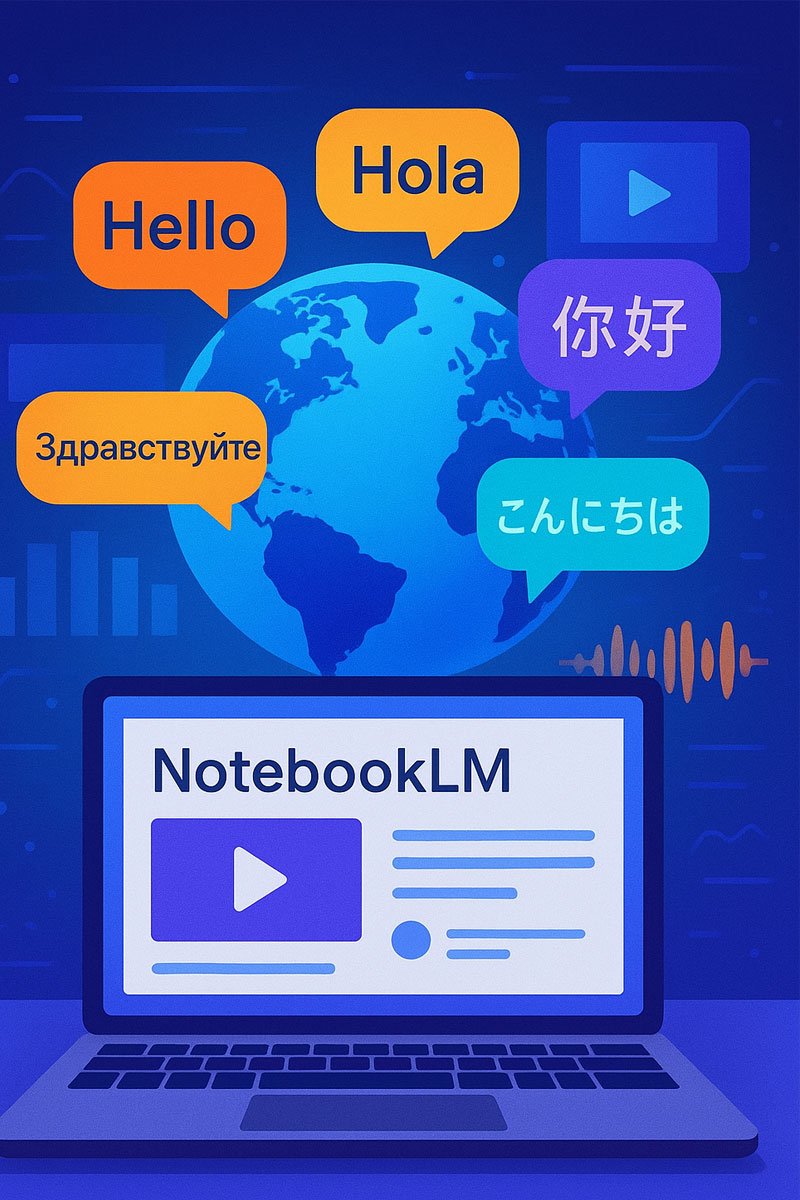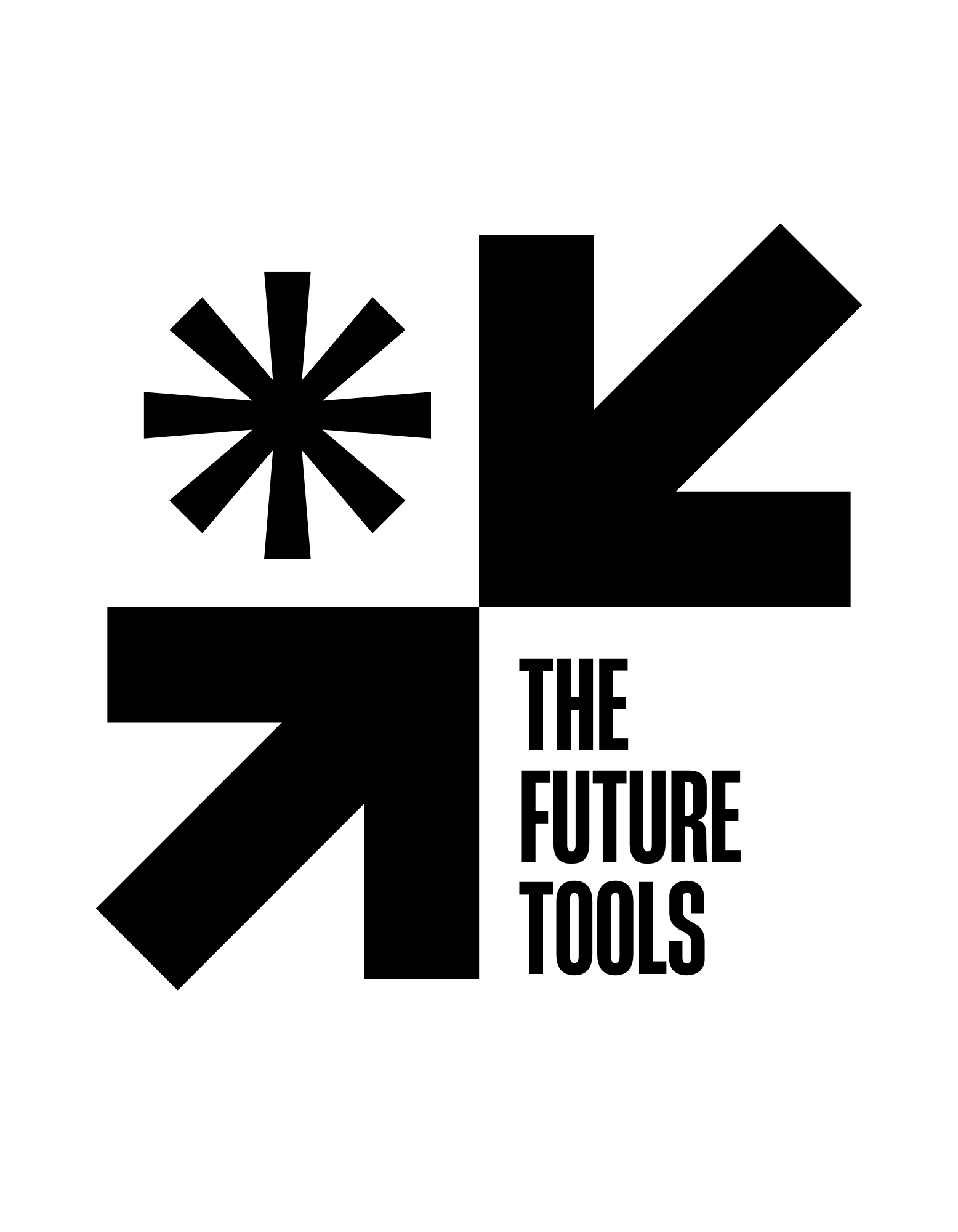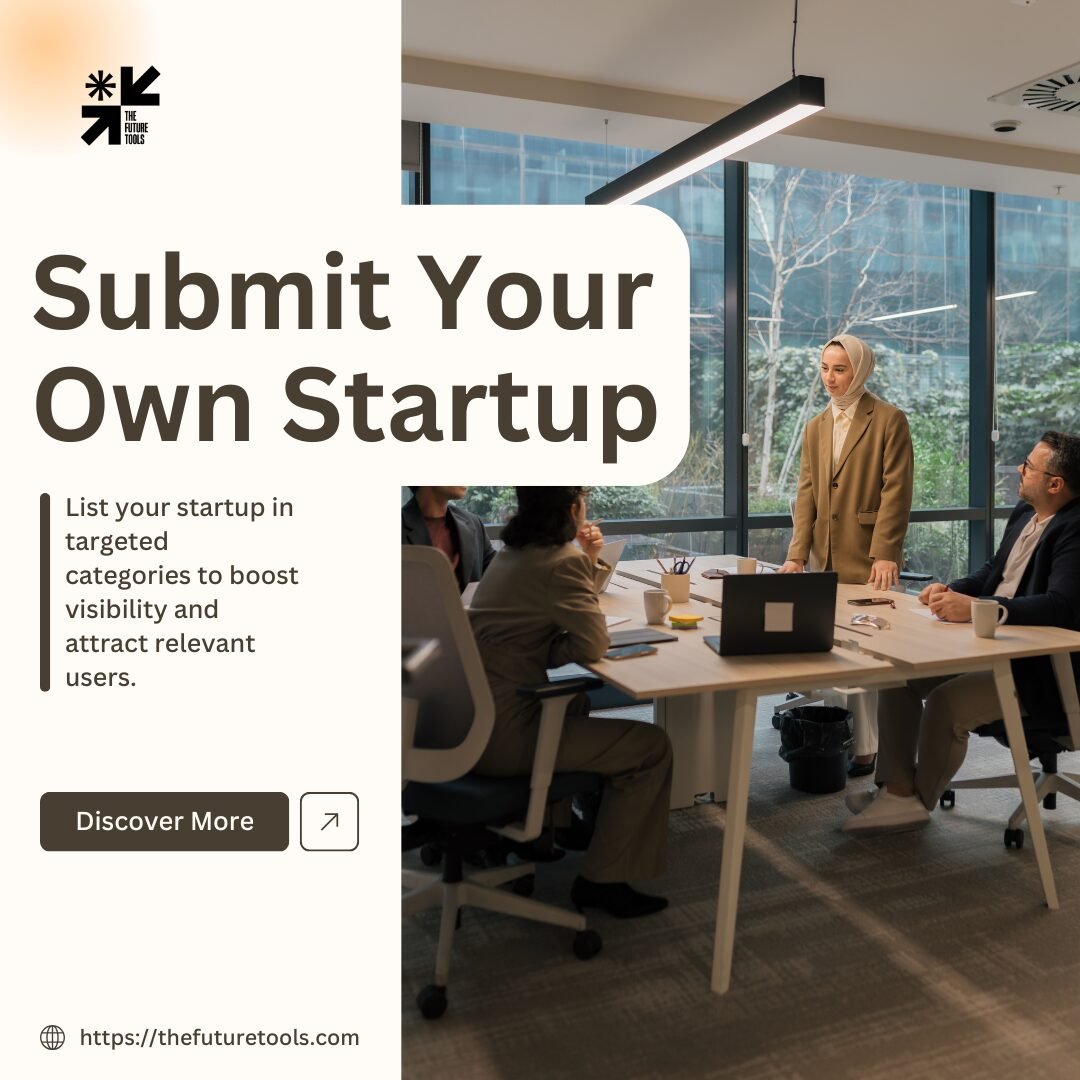Now Reading: Elon Musk’s xAI Sues Apple and OpenAI Over Alleged Anticompetitive Collusion
-
01
Elon Musk’s xAI Sues Apple and OpenAI Over Alleged Anticompetitive Collusion
Elon Musk’s xAI Sues Apple and OpenAI Over Alleged Anticompetitive Collusion
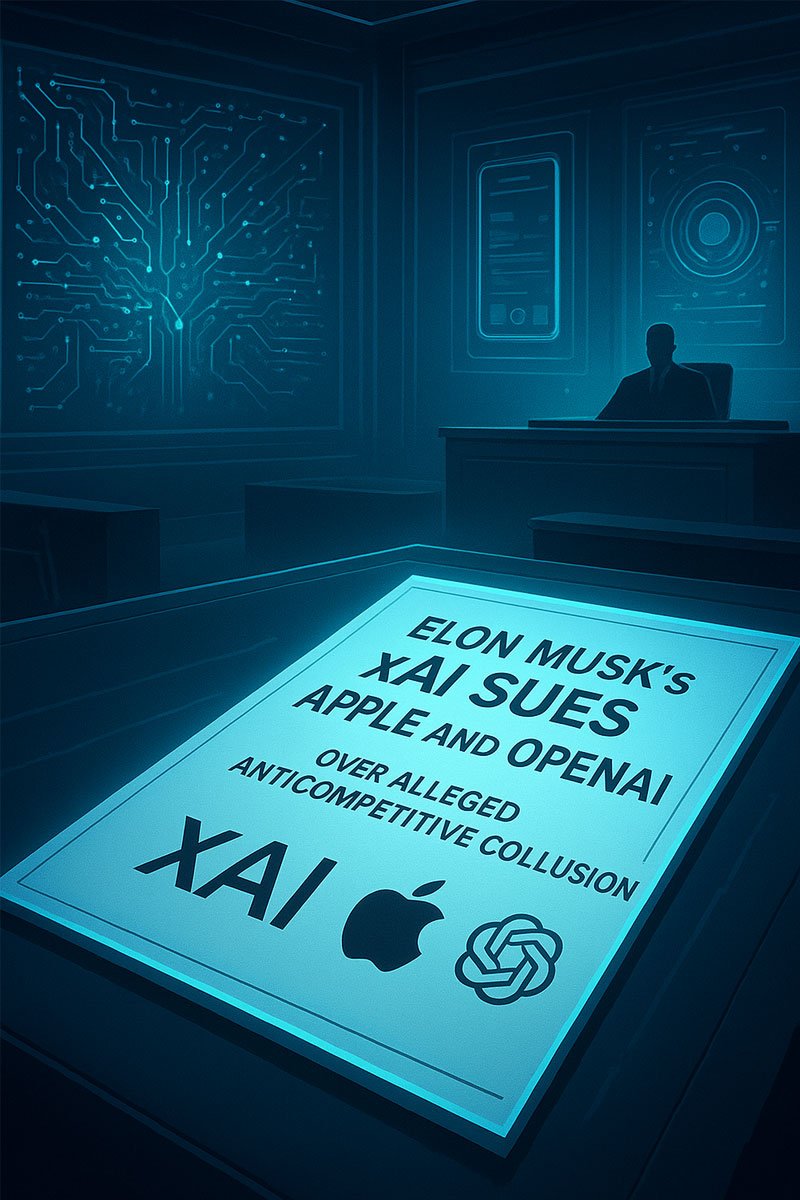
Elon Musk’s companies, xAI and X Corp, have filed a sweeping antitrust lawsuit against tech giants Apple and OpenAI. The lawsuit, filed on August 25, 2025, in the U.S. District Court for the Northern District of Texas, accuses Apple and OpenAI of engaging in an illegal partnership to stifle competition in the artificial intelligence (AI) and smartphone markets. This legal battle marks a significant escalation in the ongoing rivalry between Musk and OpenAI’s CEO, Sam Altman, and raises critical questions about market fairness, innovation, and monopolistic practices in the rapidly evolving AI landscape.
Background of the Lawsuit
The lawsuit stems from a partnership announced in June 2024 between Apple and OpenAI, which integrated OpenAI’s ChatGPT into Apple’s iOS 18, making it the exclusive AI assistant accessible through Siri and other iPhone features. According to the 61-page complaint, this arrangement gives OpenAI unprecedented access to billions of user prompts from hundreds of millions of iPhone users, creating a significant competitive advantage. The plaintiffs, xAI and X Corp, allege that this exclusivity deal blocks rival AI products, such as xAI’s Grok, from competing fairly in the market.
Elon Musk, who co-founded OpenAI but left the organization in 2018, has been vocal about his concerns regarding the company’s direction and its impact on AI competition. His grievances were amplified earlier in August 2025 when he posted on X, claiming that Apple’s App Store policies made it “impossible for any AI company besides OpenAI to reach #1 in the App Store.” This lawsuit follows through on Musk’s threat to take legal action, accusing Apple and OpenAI of colluding to maintain monopolies in their respective markets.
Key Allegations in the Lawsuit
The lawsuit outlines several specific claims against Apple and OpenAI, painting a picture of coordinated efforts to suppress competition:
- Exclusive Integration: The complaint alleges that Apple’s decision to integrate ChatGPT as the sole AI chatbot in iOS 18 unfairly prioritizes OpenAI, limiting opportunities for other AI companies to gain traction on Apple’s platform, which commands approximately 65% of the U.S. smartphone market.
- App Store Manipulation: xAI and X Corp claim that Apple has deliberately deprioritized competing AI chatbots and “super apps” like X in its App Store rankings. The lawsuit further accuses Apple of delaying the approval process for updates to the Grok app, hindering its ability to compete effectively.
- Monopolistic Practices: The plaintiffs argue that OpenAI, which they claim controls at least 80% of the generative AI chatbot market, has partnered with Apple to reinforce its dominance. The lawsuit describes this as a “tale of two monopolists joining forces” to maintain control over AI and smartphone markets.
- Impact on Innovation: By restricting access to Apple’s ecosystem, the lawsuit contends that the partnership stifles innovation in the AI industry, preventing competitors like xAI from delivering cutting-edge solutions to consumers.
The plaintiffs seek a permanent injunction to halt the alleged anticompetitive practices, along with monetary and punitive damages, legal fees, and pre- and post-judgment interest.
Context of the Dispute
The lawsuit is part of a broader narrative of tension between Musk and OpenAI’s leadership, particularly Sam Altman. Musk, once a co-founder and co-chair of OpenAI, has previously sued the company to block its transition to a for-profit entity and even made an unsolicited $97.4 billion bid to acquire it, which OpenAI rejected. In response to Musk’s recent allegations, Altman posted on X, calling the claims “remarkable” and suggesting that Musk manipulates X to favor his own companies. This public feud underscores the personal and professional stakes in the current legal battle.
Apple, no stranger to antitrust scrutiny, has faced similar allegations in the past. In 2024, the U.S. Department of Justice, along with 16 state and district attorneys general, sued Apple over alleged monopolistic practices. Additionally, European regulators fined Apple €1.8 billion for abusing its dominance in the music streaming app market, and an Australian court ruled against Apple in a case brought by Epic Games over app distribution policies. These precedents add weight to xAI’s claims, though Apple has consistently defended its App Store algorithms as fair and unbiased.
Current Market Dynamics
At the time of the lawsuit’s filing, OpenAI’s ChatGPT holds the top spot on the iOS App Store’s free apps rankings, while xAI’s Grok is ranked 22nd, and X is 28th. Despite Apple’s assurances at WWDC 2024 that it plans to support additional AI models in the future, no such integrations have materialized, fueling Musk’s accusations of favoritism. Rumors suggest that Apple may soon integrate Google’s Gemini AI, which could complicate the narrative of exclusive collusion with OpenAI but does little to address xAI’s immediate concerns.
The AI market is highly competitive, with companies racing to establish dominance in what Musk’s lawsuit describes as “the most powerful technology humanity has ever created.” The outcome of this case could have far-reaching implications for how AI technologies are integrated into consumer devices and how app stores operate as gatekeepers in the digital economy.
Implications for the Tech Industry
This lawsuit highlights the growing tension between innovation and market control in the tech industry. As AI becomes increasingly integral to consumer technology, partnerships like the one between Apple and OpenAI could set precedents for how ecosystems are shaped. If xAI and X Corp succeed in their claims, it could force Apple to revise its App Store policies and open its platform to more equitable competition, potentially benefiting smaller AI developers.
Conversely, if Apple and OpenAI prevail, it could reinforce the ability of dominant players to form exclusive partnerships, raising barriers for new entrants. The case also underscores the broader debate over antitrust enforcement in tech, with regulators worldwide scrutinizing the practices of major players like Apple, Google, and Amazon.
Looking Ahead
The lawsuit is still in its early stages, and a trial by jury, as demanded by the plaintiffs, could take months or even years to resolve. In the meantime, the tech community will be closely watching how Apple and OpenAI respond to the allegations and whether Musk’s legal strategy gains traction in the Texas court, known for its conservative leanings. The outcome could reshape the competitive landscape for AI and mobile technology, influencing how companies navigate partnerships and app distribution in the future.
For now, the battle between Musk’s xAI and the Apple-OpenAI alliance serves as a stark reminder of the high stakes in the race for AI supremacy. As the industry evolves, the resolution of this case may define the boundaries of competition and innovation in one of the most transformative technological eras in history.




